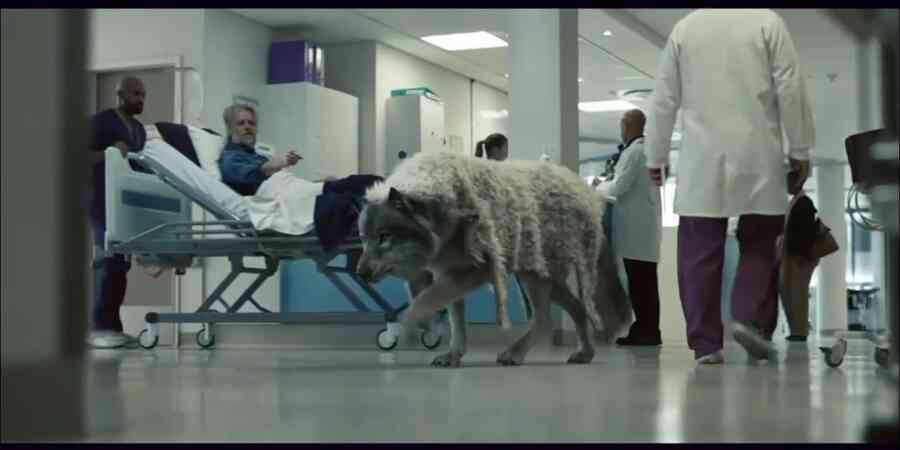

Tell Drug Maker Sanofi: Stop Portraying Wolves as Villains
For centuries, wolves have been hunted, poisoned, trapped, and vilified — not because of who they are, but because of how they’ve been portrayed. Now, pharmaceutical giant Sanofi — the maker of Fluzone — is reviving and reinforcing those same tired stereotypes in their “Wolf in Sheep’s Clothing” ad campaign. In the ad, a wolf disguised in sheep’s wool travels through a city on their way to a hospital — a metaphor portraying the wolf as the flu, suggesting deception and hidden danger. The message is clear: wolves are deceitful, harmful, and something to fear. That portrayal has real consequences. In February 2024, a Wyoming man named Cody Roberts allegedly ran over a wolf with his snowmobile, taped her muzzle shut, and paraded the suffering animal into a bar before shooting her outside. The horrific incident sparked national outrage. Though Roberts was initially fined only $250, a grand jury has since indicted him on felony animal cruelty charges. This cruelty doesn’t happen in isolation. Across the Northern Rockies, wolves face relentless persecution. In Wyoming, Idaho, and Montana, aggressive hunting and trapping seasons threaten to erase decades of recovery. Wolves can even be killed year-round — including during pup season. And in Wisconsin, a 2021 hunt killed more than 200 wolves in just days, exceeding the state’s quota by over 80%. Most were chased down and killed by hunters with packs of dogs. Federal protections were later restored to halt such hunts, but these brutal events reveal how deeply anti-wolf sentiment runs — and how easily fear-driven narratives can lead to real violence. Wolves are intelligent, family-oriented animals who are essential to healthy ecosystems. They’re not monsters–they’re just wolves. Yet Sanofi’s advertising feeds the same false narrative that’s long been used to justify their persecution for centuries. Tell Sanofi: stop demonizing wolves to sell flu shots. There are countless ways to market pharmaceuticals, but reviving anti-wolf propaganda shouldn’t be one of them.
By signing, you’re agreeing to receive periodic messages from Animal Commons—you can unsubscribe anytime. For texts, message & data rates apply.
While on this site, you may also see content from other organizations that use CivicShout.com, the content of which Animal Commons is not responsible for.
